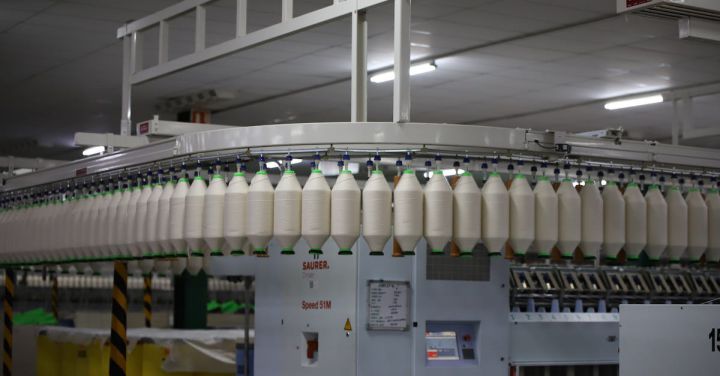How Does Robotic Process Automation Transform Business Processes?
In today’s fast-paced business landscape, organizations are constantly seeking innovative ways to streamline their operations and improve efficiency. One such technology that has gained significant traction is Robotic Process Automation (RPA). RPA involves the use of software robots or “bots” to automate repetitive, rule-based tasks, freeing up employees to focus on more strategic and value-added activities. In this article, we will explore how RPA is transforming business processes and revolutionizing the way work is done.
Enhanced Efficiency and Accuracy
One of the key benefits of RPA is its ability to significantly enhance efficiency and accuracy in business processes. Unlike humans, software robots do not experience fatigue or distraction, allowing them to perform tasks round the clock without errors. These bots can work at a much faster pace, completing tasks in a fraction of the time it would take a human employee. As a result, organizations can achieve higher productivity levels and deliver services to customers more quickly.
Cost Reduction
Implementing RPA can lead to substantial cost savings for businesses. By automating repetitive tasks, organizations can reduce their reliance on manual labor, which often comes with high associated costs such as salaries, benefits, and training expenses. With RPA, companies can achieve cost savings while maintaining or even improving the quality of work performed. Furthermore, software robots can be scaled up or down as needed, providing businesses with greater flexibility and cost control.
Improved Compliance and Risk Management
Compliance with regulations and risk management are critical concerns for businesses across industries. RPA can help organizations ensure compliance by enforcing standard operating procedures consistently. Software robots follow predefined rules and protocols, reducing the risk of human error and non-compliance. Additionally, RPA provides a detailed audit trail, enabling organizations to track and monitor processes, identify bottlenecks, and make necessary adjustments to mitigate risks.
Enhanced Customer Experience
In today’s highly competitive market, providing exceptional customer experience is paramount. RPA can play a pivotal role in improving customer service by automating repetitive tasks that often result in delays or errors. For instance, software robots can handle customer inquiries, process orders, and update information in real-time, ensuring that customers receive prompt and accurate responses. By freeing up employees from mundane tasks, organizations can allocate more resources to personalized customer interactions, thereby enhancing the overall customer experience.
Increased Employee Satisfaction
Contrary to popular belief, RPA does not eliminate jobs; rather, it frees up employees from mundane and repetitive tasks. This allows employees to focus on more meaningful and challenging work, fostering creativity and innovation. By automating mundane tasks, RPA can help reduce employee burnout and increase job satisfaction. Employees can dedicate their time and energy to tasks that require human judgment, critical thinking, and problem-solving skills, leading to a more engaged and motivated workforce.
Future Outlook and Opportunities
Looking ahead, the future of RPA appears promising. As technology continues to advance, RPA capabilities are expected to evolve and become even more sophisticated. The integration of RPA with other emerging technologies such as Artificial Intelligence (AI) and Machine Learning (ML) holds great potential for further transforming business processes. These advancements will enable software robots to perform complex tasks that require cognitive abilities, paving the way for increased automation and efficiency in the workplace.
In conclusion, Robotic Process Automation is revolutionizing business processes by enhancing efficiency and accuracy, reducing costs, improving compliance and risk management, enhancing customer experience, and increasing employee satisfaction. As organizations strive to stay ahead in an increasingly competitive market, adopting RPA can provide a significant competitive advantage. By leveraging the power of automation, businesses can optimize their operations, increase productivity, and deliver exceptional value to customers. The future of RPA is bright, and organizations that embrace it will be well-positioned for success in the digital era.






